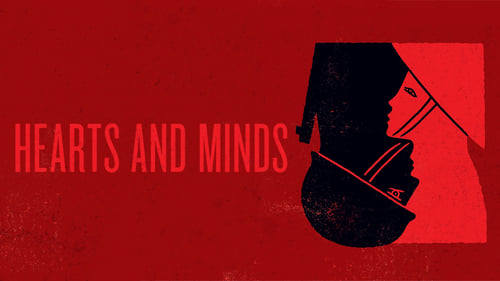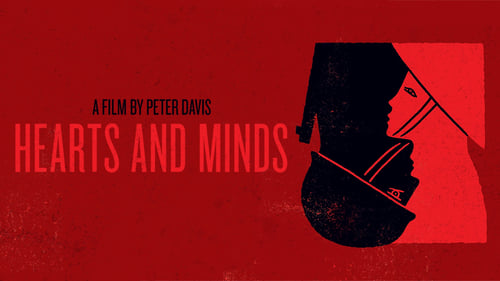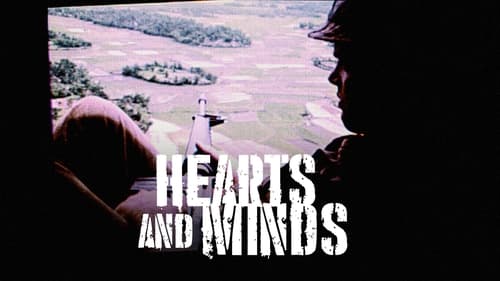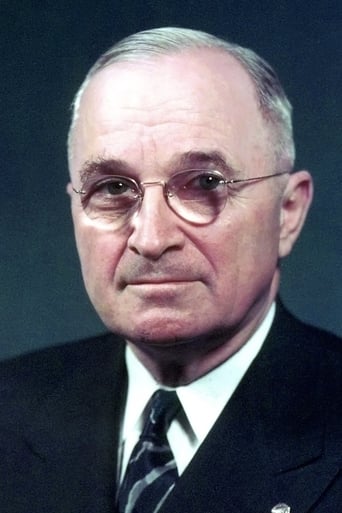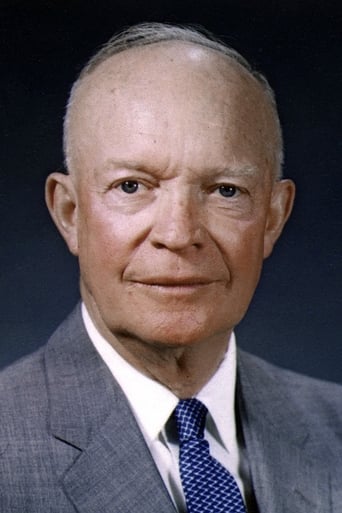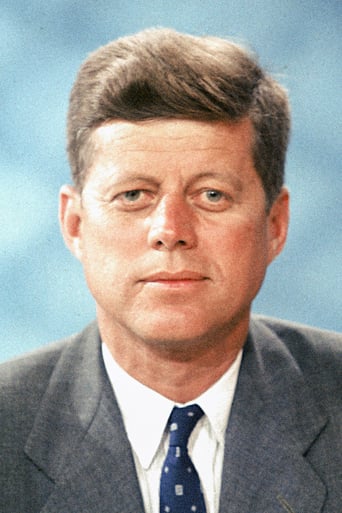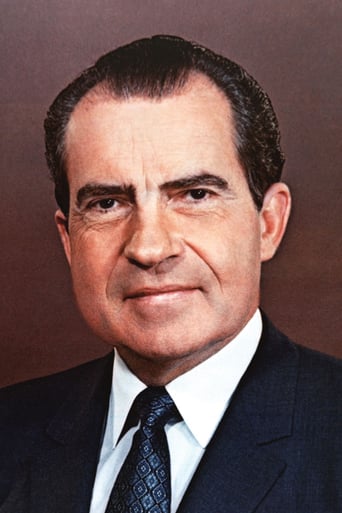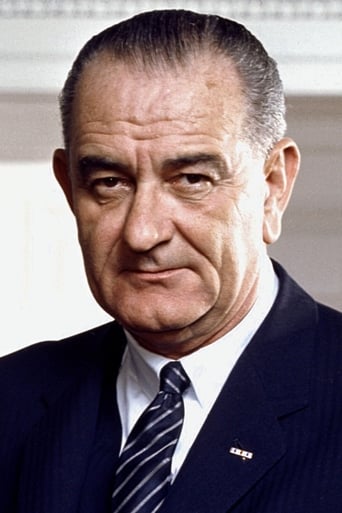Sergeant_Tibbs
Hearts and Minds is known as one of the most devastating and controversial documentaries there are, but that still didn't prepare me for such a powerful experience. The most striking thing about the film is the pace. You can hardly keep up. It's a torrent of emotionally charged insights from wounded soldiers and images from the battleground, covering some of the most iconic images of the Vietnam war that sear onto your brain. That's what the film is about - image. While it projects an image of its supposed reality of war, it also discusses America's projection of war. America has this grand idea of what war should be - defensive, victorious, glorious. Even though the Vietnam war doesn't fit, they try and cram it into that ideal anyway. Hearts and Minds does an enlightening job of showing what it was like at the time, rather than the movies that later showed a hindsight perspective. Its end parade sums it up. Trying to paint a picture of what returning home should be like, but it's not that simple. It's chaotic and complex. Peter Davis presents a rare conviction and directorial prowess here, overshadowed only by his compassion. It's relentless, draining, but utterly astonishing cinema.9/10
jzappa
Just as the war was presented as minor, organized and lucid to suit network programming agendas and the tolerance of the American conscience, this incredibly controversial film provides chaos, opposition and historical viewpoints that are frequently obscure, dependent on any amount of analyses. Davis makes no effort to validate America's involvement in Vietnam, which it's clear he believes to have been a catastrophe. But his film is so thick with links that exceed the war that it does more than reinforce the views of those already in agreement. It's about the entire rotten, strong-willed inner masculinity complex of its time and our country, is not about the progression of U.S. Presidents and their advisers who sought frantically and perhaps earnestly to comprehend Vietnam. Instead, it's about the age brackets of mindsets, desires, values for which they stood. It's about the power the country inherited.Power, present and imagined, is what this film ponders in as many shades and vibes as one might guess. Davis turns the lens on peasants and politicians, with American civilians and soldiers, some of whom survived as physical remains and some of whom came back more persuaded than ever of America's duty to save the world from Communism. An interview with a former Secretary of Defense establishes what could be the thesis when he remembers the remarkable power America found itself with by WWII's end. The film then goes on to analyze that power's desperate ramifications when it was defended, rationalized, labeled, especially brandished as God-given instead of inherited through one of the most stunning combinations of people, place and time in documented history.This documentary has much to say about an ordinary American's education and his/her inclination to keep informed as things change. Subjects recall having viewed Vietnam in spirited WWII terms, when one could easily discern "the good guys." Vietnam was something unacceptably new to the WWII people. It wasn't precise and neat.For years, the Vietnamese were obvious by their nonappearance in film and text. When they did come into view, it was customarily a prearranged account's basic characters. The media and politicians had given Americans their single, one-dimensional look into Vietnamese peasants, seldom allowing everyday Vietnamese camera time to elucidate the war's effect in their own terms. Even study of Vietnam was inclined to work as an annex to the ideological arguments encircling the conflict. No longer content with on-hand pigeonholes, Davis supplied a fresh perspective of America's Vietnam counterparts, mature in its handling of the human scope of war, the high sacrifice in blood and wealth that all sides made in Vietnam.In a decidedly emotional political environment, Davis resolutely views the war's bearing on Northerners and Southerners. This choice eliminates cold war beliefs from the pivot of the war's account, exchanges it for human torment on all sides. This did what no other source had, regarded the Vietnamese as people, inspiring crushing compassion for those who'd been written out of history. For instance, we experience a North Vietnamese father's agony after his daughter's death by bombing attack. We also appreciate a South Vietnamese coffin maker's vacant gaze, questioning when the carnage will stop.Their routine sorrow addresses tomes to that war's effectiveness, morality. They're not spokespeople of their political structures. They're collateral damage of policies in which they had no say. Few stories I know of the war had concerned such accounts of the brunt of high altitude bombing on residents. Fewer still had shown that U.S. assaults besieged both North and South, that all lived in dread of bombardment.General William Westmoreland's statement that "Orientals" don't value life is still appalling in its reckless candor. Flanked by scenes of Vietnamese, mainly children, weeping uncontrollably for dead beloved, Davis lets Westmoreland's own words in effect obliterate whatever integrity he might've had. We're constrained to suspect Washington's formal validation for the war. The profound pain of Vietnamese civilians supersedes all cold war speechifying, substituting it with something more real.In some of the most telling scenes, we see families inconsolable over the deaths of their loved ones in the South Vietnamese Army. What parent could not sympathize with the mother of a young soldier who attempts to climb into her son's grave? Another funeral scene shows us a young boy facing the photograph of his freshly killed father. There are no processions, victory orations, just the definite, concrete agony of a son who'll never hear his father's voice again, feel that comforting hand on his shoulder, impart his own achievements with him. These scenes contain the film's emotional groin kick. They pack a particularly hard blow to an American audience: massive cost, suspect reasons.This pain reverberates piercingly with Americans, both older who at the time were looking within in an attempt to wipe clean Vietnam, and Americans my age, who face a staggeringly similar, almost identical situation, hoping maybe next time a few more will have learned not to be so complacent in the voting booth. Also like the former scenario, pivotal economic crises caused a conceited fixation on how the war effected us. Hearts and Minds dares that partiality by forcing its viewers to bear in mind how the war effected those we invaded, the first stride to stop hiding from a clash that loomed to demolish the country's social interdependence.

